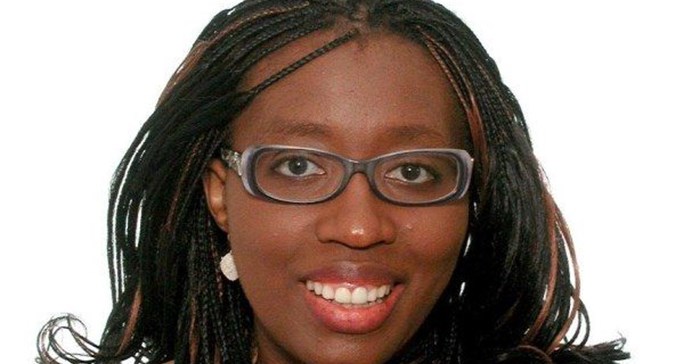Africa's underdeveloped energy infrastructure and growing demand could be the catalyst to attract private sector investment and thereby actually fast-track energy development.

Vera Songwe, European Union Economic Commission for Africa’s executive secretary
Africa will not be able to accelerate and sustain growth without adequate access to energy. Over 600-million people currently do not have access to energy, a situation that cannot be allowed to continue, Vera Songwe, European Union Economic Commission for Africa’s executive secretary, told the 12th African Economic Conference that opened in Addis Ababa, Ethiopia.
“However, for this we need to improve the governance processes for contracts awards, and licensing to ensure populations get affordable prices, improve the governance of energy utilities most of which are underperforming and most of all, improve the governance of our regional power pool institutions,” she said.
With Africa’s major hydro resources, the continent could produce over 283 gigawatts of energy and ensure its population has access to energy, so "access to energy is not due to lack of resources".
Agriculture
Songwe also addressed agriculture on the continent, telling the delegates 40-65% of the labour force in Africa is today engaged in the sector, most of them women.
However, she said, the governance processes regulating agriculture in Africa were still fraught with weaknesses.
Appropriate macroeconomic policy framework was critical for the continent to foster structural transformation. “Land rights are not secure, the procurement process for inputs such as fertiliser and other inputs remains highly political in many country undermining the productivity of the sector and most of all profitability," she said
“Of equal importance is the need to prioritise financing for development. While it is comforting to note that Africa’s domestic resource mobilisation efforts have improved over the last decade, the continent needs to do more."
Funding
Estimates of Africa’s financing needs are enormous, she said, around $93bn per year to finance the infrastructure gap; about $60bn or more to finance the sustainable development goals (SDGs); $50bn annually to meet the cost of climate adaptation; and $25bn annually to achieve universal access to energy.
“The total funding is therefore big. We also know that Africa’s funding needs outstrip its current domestic resource capabilities – due to low domestic savings, shallow capital markets, weak financial intermediation, large informal sector, illicit transfer of funds and public financial management and governance challenges,” said Songwe, adding to achieve the SDGs, development finance strategies need to go beyond filling financing gaps.
“While official development assistance will remain a vital source of external public finance for the poorest and most vulnerable countries, it will not be sufficient. Effective domestic resource mobilisation will be at the core of financing sustainable development.”
Illicit financial flows
Songwe also spoke about “the perverse effects of illicit financial flows on African economies” which she said continue to reduce the continent’s ability to make investments needed in education, health, science, technology and infrastructure to achieve its goal of industrialisation.
Africa loses $100bn annually to illicit financial flows representing around 4% of the continent’s GDP.
“As such, strengthening the institutional architecture designed to tackle these flows must be a priority for the continent,” she said.






























